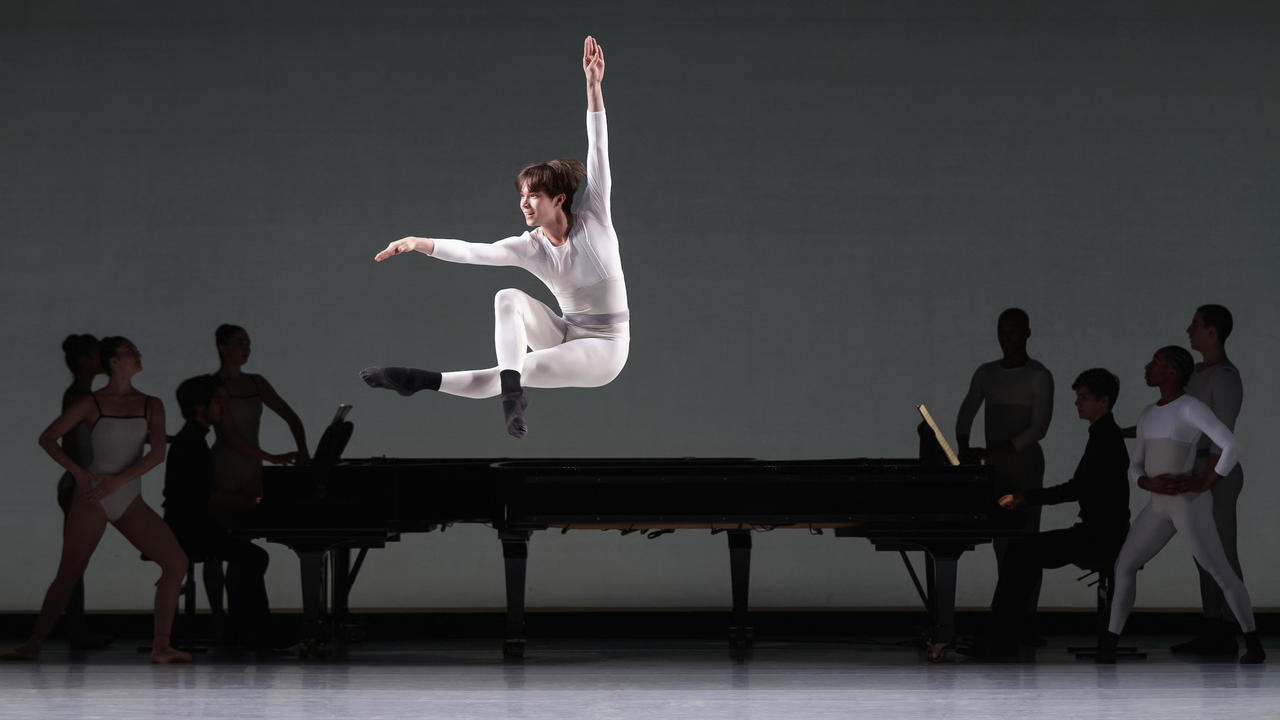
Driven by the belief that everyone possesses artistic capacities, Juilliard’s K–12 Programs and Initiatives inspire a deepened relationship to the performing arts. The program brings Juilliard’s philosophies of teaching dance, drama, and music to classrooms around the world. Our innovative approach brings together inspiring face-to-face experiences and robust digital resources to cultivate personal artistry, curiosity, and empathy in emerging global citizens. We seek to inspire and equip students with the skills, curiosity, and awareness to engage with the performing arts in meaningful ways throughout their lives.
“With this groundbreaking work, we are igniting creativity in students around the world, encouraging their lifelong engagement with the performing arts, and developing a truly expansive and full educational experience.”
— Damian Woetzel, President of Juilliard
The Juilliard Approach to Classroom Instruction is built on contemporary research, innovative educational practices, and the vast artistic resources of The Juilliard School. As a framework for twenty-first century arts learning, we prioritize creativity, rigorous thinking, and artistic excellence in our work. Through active exploratory learning and engagement with high-quality works of dance, drama, and music, we ignite student creativity and foster curiosity. Students develop ownership of their learning, find their own artistic voice, and think and work imaginatively, which can have lasting effects in all academic subjects.
The Juilliard Approach to classroom instruction can be summarized in five key values: